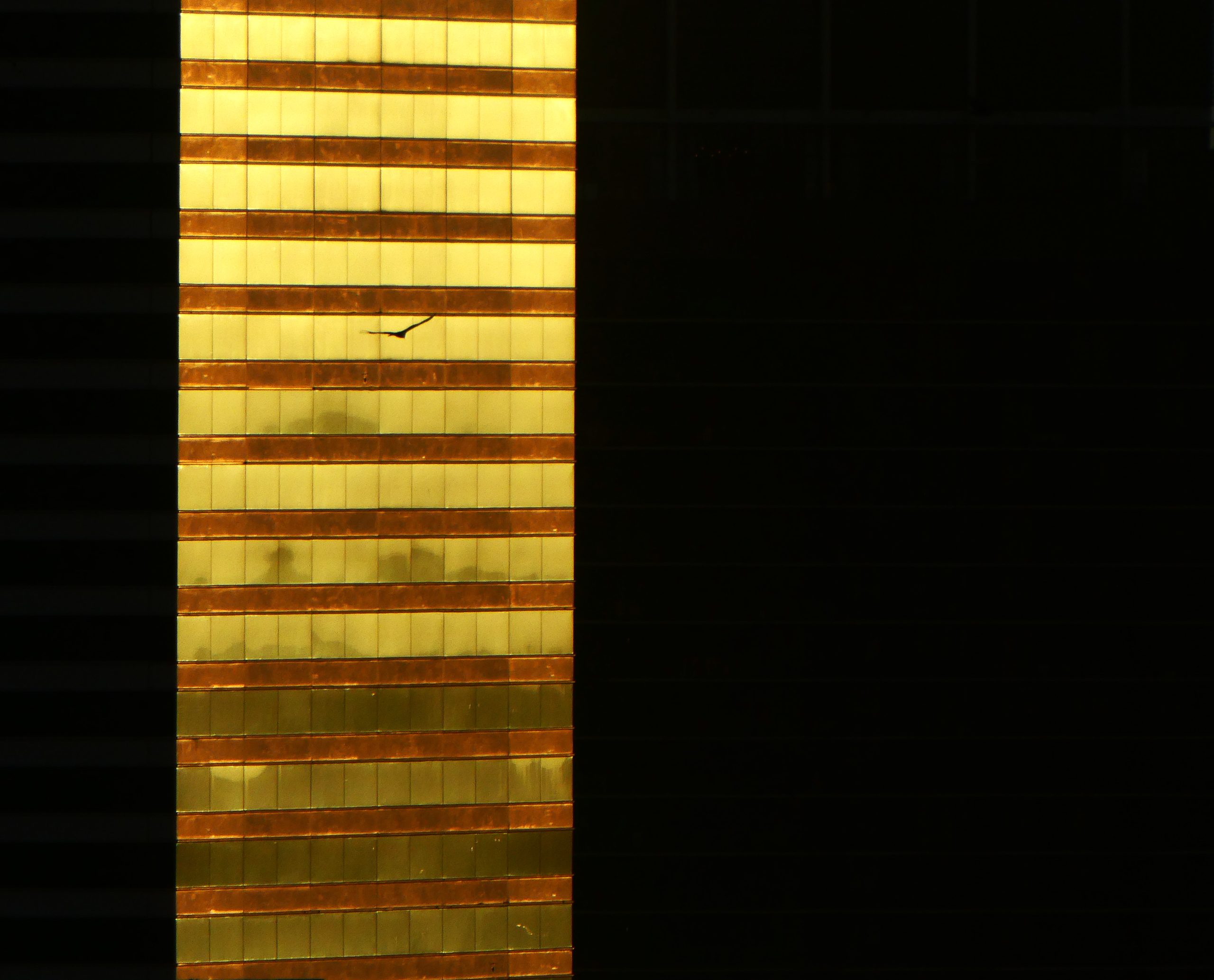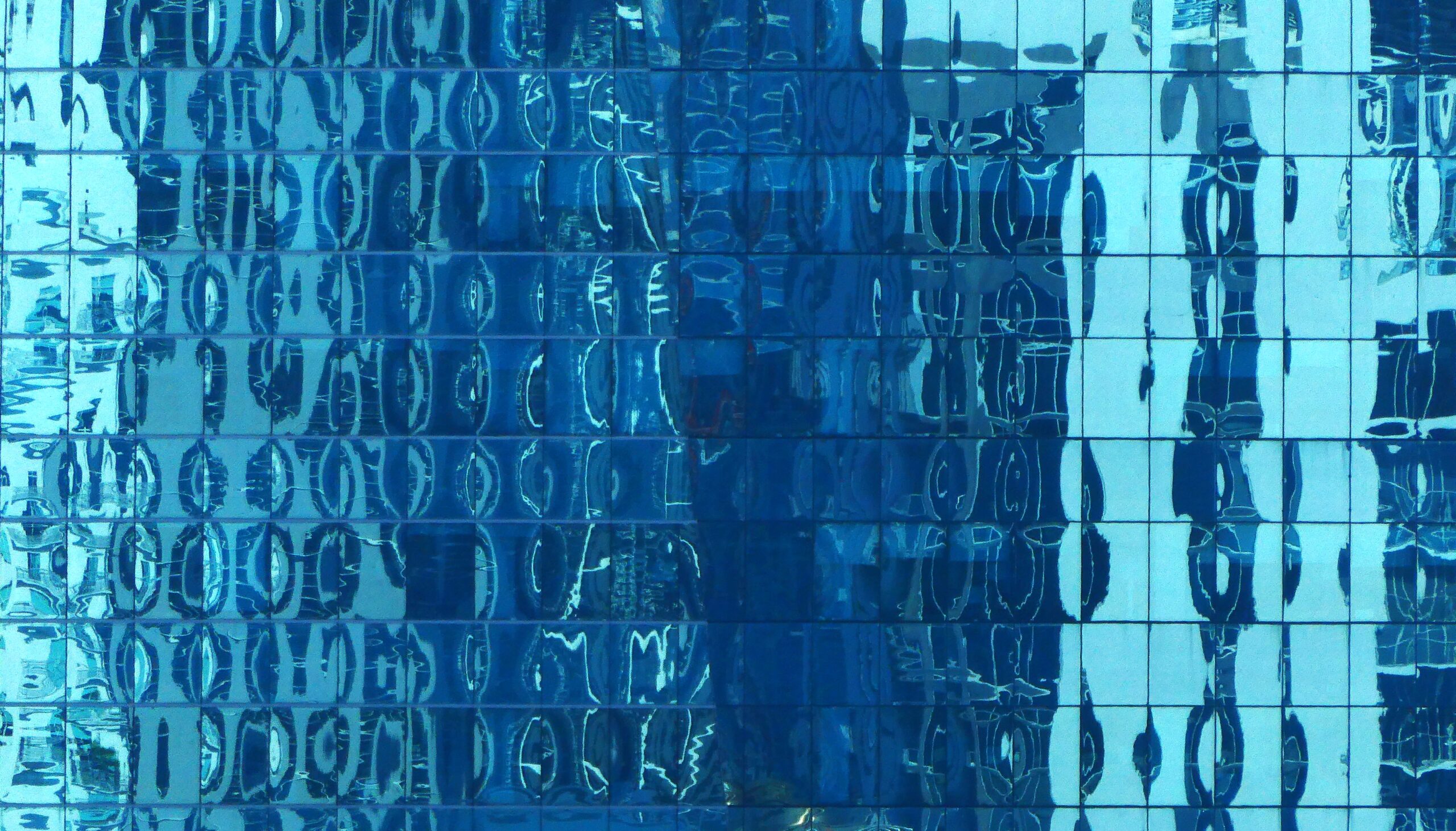
Edith Wharton
December 7, 2023
The Gift of Transcendence
December 21, 2023“The harder we try with the conscious will to do something, the less we shall succeed.
“Proficiency and the results of proficiency come only to those who have learned the paradoxical art of doing and not doing, or combining relaxation with activity, of letting go as a person in order that the immanent and transcendent unknown quantity may take hold.” – Aldous Huxley
Huxley’s observation is hard to put into practice given our natures.
For instance, some like to make sure things work out the way they want, while others allow events to get out of hand. The former appear overcontrolling, while the latter seem ineffective. The consummate expert seems to do both. They are not only relaxed but maintain control of a situation effortlessly. The truth is we often try too hard, and our efforts only make things worse. Finding the correct balance is hard to learn, and I don’t think I’m alone in this.
Given that, I would like to make three observations that might be helpful.
- When I was growing up, I had great difficulty learning to ride a bicycle. I mentioned this when I described Rhinebeck in an earlier blog post. The whole learning process of riding a two-wheeler was for me horrendous. After my fifth crash, or maybe the tenth, it was determined by the powers that be, that the only way for me to learn was to practice on the lawn. The effects on the body were deemed to be less traumatic that way. Likely, they were right. Eventually, I did learn to ride a bike, and nowadays, I happily ride my motorcycle, my preferred mode of transport, as often as I can.
Becoming proficient hasn’t been easy, and it wasn’t just with bicycles.
- There was also the small matter of landing airplanes. Not unlike learning to ride a bicycle, I would overthink, overcontrol, overreact, and then freeze. The result was never a crash but a bounce … and then another bounce … and another, before the aircraft would settle down, and I would thankfully exit the runway. My instructor was not amused by these antics. He was an ex-Navy pilot and a stickler for detail and perfection. He could also curse like sailor—and he would as he made his opinion of my landings known to me in no uncertain terms as I taxied back to the flight school. It was most embarrassing.
Eventually, I discovered that my difficulty was a matter of lack of visual cues. As I landed, the airplane’s nose would obscure the runway, and I had no point of reference. The result was always a guess as to where I was, and where the runway was. To put it plainly, I wasn’t looking out the window to the side so I could gauge how far I was above the ground. Eventually, I became proficient, but it took more landings than I care to say.
- This same pattern of behavior happened again riding horses. I overcontrolled, and that would annoy the horse. Mature German warmbloods were not something to annoy at any time. They were big, strong, and willful, at which point I discovered that to allow the horse to move freely without interference took some courage, which brings me to my last observation.
As I examined all these instances of difficulty, I came to understand that the real problem was not my trying too hard but rather my fear. Simply put, I was afraid. I was afraid of crashing, and I was afraid of being thrown, hence I tried hard to prevent any of those from occurring. Inevitably, the more I tried, the worse I did. It was only when I was able to let go and allow events to play out that I could relax enough to learn, to become proficient, and to finally enjoy what I was doing. I also noticed that this habit of overcontrolling and trying too hard had a much more fundamental reason.
As Huxley points out, one has to let go to allow “the immanent and transcendent unknown to take hold”. We can try all we want, but at some point, we must trust that we live in a world that is at least supportive. We must answer Einstein’s question, is the universe friendly, or not? Given the countless generations who lived and survived before us, I think we must conclude it is. To do otherwise is to live in constant doubt and fear, and so we try too hard, overcontrol, and inevitably make things worse.
In my third novel, Dark of the Earth, Maw makes the following comment:
“From my experience, it’s sometimes best to release the reins and give a horse its head to see what it really plans to do. Only then can one discover how far it can be trusted. One must, of course, be prepared for disappointment, but knowing the answer to that question is much preferred to merely guessing and then finding oneself broken on the ground, wondering how one got there. Each rider must decide this at some point, and maybe every horse as well.”
In the end, each of us must give up control to discover the true nature of the world we live in. It is the most awful of paradoxes, and the only way to learn to balance—let alone succeed.
See? No hands!




